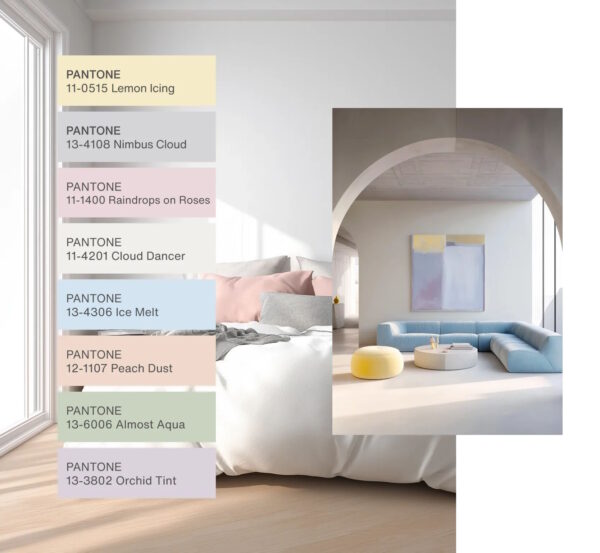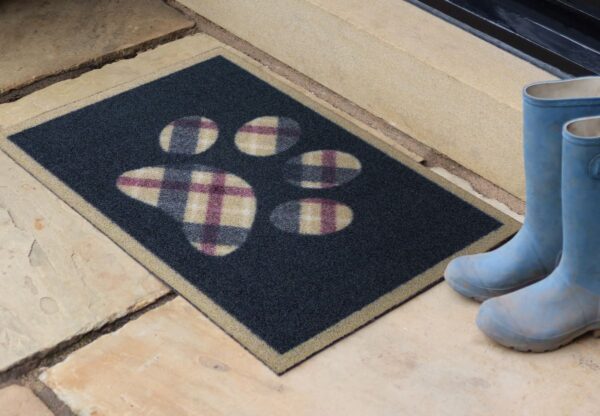 Spring Fair and Autumn Fair organiser Ascential has launched a strategic review of its exhibitions division as it announces plans to focus on its digital business. Press reports suggest that this could lead to the sale of its trade and consumer shows and generate between £250 million and £300 million. Its strong annual results revealed ‘good organic growth underpinned by strong customer retention and product innovation’.
Spring Fair and Autumn Fair organiser Ascential has launched a strategic review of its exhibitions division as it announces plans to focus on its digital business. Press reports suggest that this could lead to the sale of its trade and consumer shows and generate between £250 million and £300 million. Its strong annual results revealed ‘good organic growth underpinned by strong customer retention and product innovation’.
The UK’s top retailers are inhibiting their online sales potential by up to 30% by not offering a range of payment options, according to a study by Visualsoft which revealed that almost one in five of the top 240 retailers are failing to offer a payment choice aside from a mainstream credit or debit card. Paypal is the most popular alternative payment method, with 71% of retailers offering this alongside cards,
Appeals under the new business rates’ ‘check, challenge, appeal’ regime numbered 12,840 in the first nine months, compared with 169,300 appeals during the first full year of the previous system, the Valuation Tribunal Service reported. There are concerns that it is now harder for firms to lodge challenges.
Thirty-three per cent of SME owners expect the Bitcoin and other cryptocurrencies to be on the high street within the next two years, a survey by Paymentsense has found. However, Mark Carney, Bank of England Governor, believes that Bitcoin has ‘pretty much failed thus far’ as a currency measured by standard benchmarks: it is neither a store of value, nor is it being used to buy things, the traditional features of money, he told students at London’s Regent’s University
January retail sales failed to live up to expectations, rising just 0.1% above those in December, according to The Office for National Statistics.
The number of units hallmarked by the four UK assay offices in January was up by 13% compared to the same period last year, the Assay Office Birmingham said.
With mounting criticism that the UK tax system favours e-commerce over bricks-and-mortar stores, Steve Mnuchin, America’s treasury secretary, has reportedly commented that US president Donald Trump ‘does feel strongly’ about introducing a national tax on internet sales.
Responding to David Davis’s speech on Brexit in Vienna, British Retail Consortium chief executive Helen Dickinson said that the secretary of state ‘provided some welcome assurances that the government wants to maintain and improve standards that deliver for consumers, whilst not inflicting any additional administrative burden on business’.
First and second class stamps will cost 2p more from March 26. Royal Mail believes that the increases are necessary to ensure the sustainability of the postal service. The price of a first class stamp will increase to 67p and a second class one will rise to 58p.
The Federation of Small Businesses is joining forces with Which? to try to force The Payments Systems Regulator (PSR) to ensure that there are suitable measures in place to guarantee that consumers can easily access their money without charge. It wants the PSR to commit to undertake a market review of use of LINK, MasterCard and Visa payment systems, especially relating to use of cash; the potential impact of reducing free-to-use ATMs; and alternative options for access-free cash.
Alan Monahan















